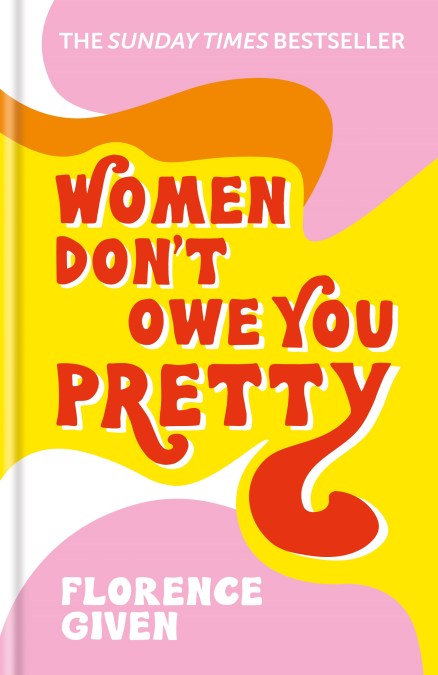Non-fiction and the problem of oversimplification

Who has not stumbled across a list of “books that will change your life”? The popularity of non-fiction is on the rise, as authors seek to give readers accessible introductions to a plethora of topics, ranging from feminism to boosting productivity. Rhian Hutchings analyses this phenomenon and its potential consequences.
It is undeniable that books create a sense of escapism, a feeling of rêverie between the pages where, for a moment, the only world that exists is the one printed in black and white. At times, texts provide a well-needed break from mundane routine and alarming news headlines. The cliché of ‘losing yourself’ in a book is usually applied to fiction. Recently, however, there has been a significant rise in the popularity of non-fiction books covering social justice issues. This enthusiasm, one might argue, marks the beginning of a new era of literary consumption, in which the need for social and political engagement surpasses escapism. But does this desire to appeal to a wider audience mean sacrificing nuance and glossing over issues that do not fit into an assigned 300-page slot?

A book that has drawn in many readers since its publication in June of 2020 is Women Don’t Owe You Pretty by Florence Given. Originally an Instagram influencer with a large following, her bestselling book discusses intersectional feminism and how it ties in with self-love and the rejection of shame derived from internalised misogyny. The book has been praised for its colourful pages and original illustrations, and the way it discusses daunting topics in an empowering way. It ditches academic jargon for a more accessible tone, being the type of book you’d recommend to a close friend rather than one you would find at the university library. Its success lies in its relatability, but does Given risk turning social justice issues into trivial trends instead of legitimate political causes?
Over the last decade, our attention spans have shrunk as Tik Tok and Instagram display information in bite-sized chunks. Many “popular” non-fiction books such as Women Don’t Owe You Pretty have been accused, in the past, of oversimplification. By appealing to a younger generation and a wider readership, however, these types of books can act as intriguing introductions, enticing individuals to do their own research.
By appealing to a younger generation and a wider readership, [popular non-fiction books] can act as intriguing introductions, enticing individuals to do their own research
Understandably, the commercialisation of social justice issues might aggravate those with years of research and experience. Nevertheless, one must not forget that young voices (such as Florence Given’s) are what keep these topics in public discourse and trending on social media platforms. Some have brought up issues of representation within Given’s book, as it focuses on intersectionality but is written by a white woman. Conversation-starting books will inevitably be vaguer: it would be foolish to expect anyone who shows interest in social justice issues to be an expert from day one.
As social justice issues rise in commercial popularity with the help of best-selling non-fiction, it’s important to keep in mind that these texts should not be read for escapism: doing so would belittle the lived experiences that they are based on. Books such as Me and White Supremacy by Layla F. Saad, for example, provide a harrowing description of the ubiquitous presence of white supremacy while acting as a useful resource to educate readers. I hope that the enthusiasm surrounding non-fiction will foster long-term engagement and not be just another passing trend.


